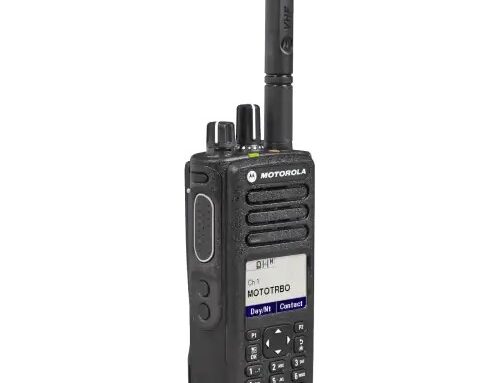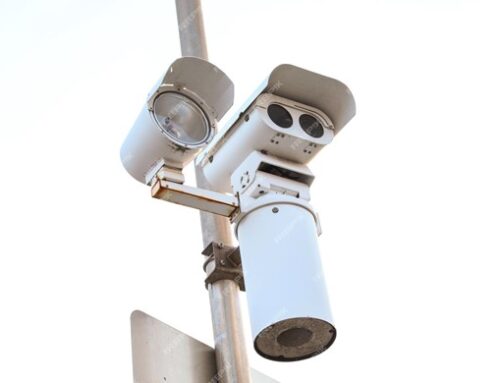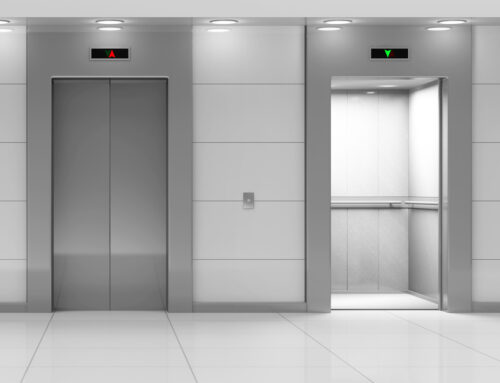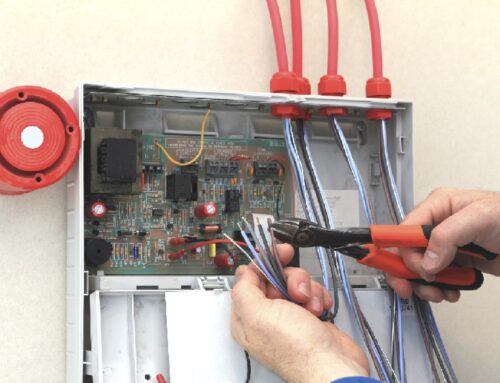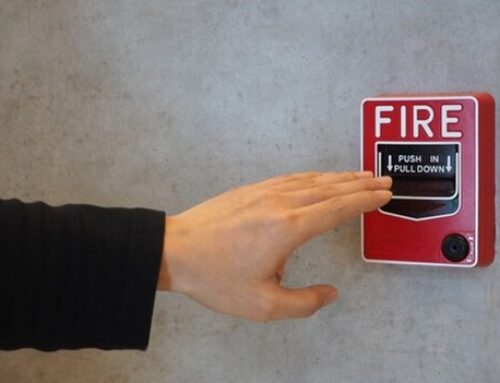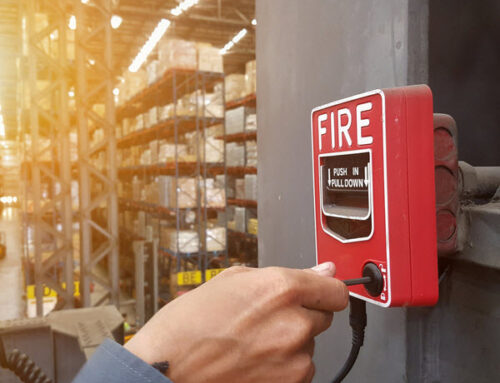Fire safety is a crucial aspect of building management, and one of the key components of a robust fire safety system is a properly installed and maintained fire alarm system. To ensure the safety of occupants and minimize the risk of fire-related incidents, building owners and managers must adhere to specific fire alarm codes and regulations. These codes, set forth by regulatory bodies, establish the standards for the design, installation, and maintenance of fire alarm systems. In this comprehensive guide, we will demystify fire alarm codes, providing building owners and managers with a clear understanding of their importance and the steps they can take to ensure compliance.
Importance of complying with fire alarm codes
Compliance with fire alarm codes is not merely a legal obligation; it is a matter of safeguarding lives and property. Fire alarm codes are designed to ensure that fire alarm systems are properly installed, regularly inspected, and well-maintained to effectively detect and alert occupants in the event of a fire. By adhering to these codes, building owners and managers demonstrate their commitment to fire safety and create a secure environment for occupants.
Non-compliance with fire alarm codes can have severe consequences. In the unfortunate event of a fire, an improperly installed or malfunctioning fire alarm system may fail to detect the fire in its early stages or provide timely alerts to occupants. This can result in delayed evacuation and increased risks to life and property. Additionally, failure to comply with fire alarm codes can lead to legal liabilities, hefty fines, and even the closure of the building.
Benefits of staying updated with fire alarm codes
Staying updated with the latest fire alarm codes and regulations offers several benefits for building owners and managers. Firstly, it ensures that their fire alarm systems are designed and installed according to the most current industry standards. Fire alarm codes are regularly updated to incorporate new technologies and best practices, and staying informed about these updates allows building owners and managers to leverage advancements in fire safety technology and enhance the overall efficiency and effectiveness of their fire alarm systems.
Moreover, complying with the latest fire alarm codes helps building owners and managers stay ahead of potential liabilities. In the event of a fire-related incident, insurance companies and legal authorities may scrutinize the fire alarm system’s compliance with codes and regulations. By proactively adhering to these standards, building owners and managers can mitigate the risk of insurance claim denials and legal disputes, ensuring the smooth resolution of any fire-related incidents.
Lastly, staying updated with fire alarm codes demonstrates a commitment to the safety and well-being of occupants. It instills confidence in tenants, employees, and visitors, assuring them that the building management takes fire safety seriously. This can enhance the reputation of the building, attract new tenants, and foster a sense of security among occupants.
Steps to ensure compliance with fire alarm codes
Achieving compliance with fire alarm codes requires a systematic approach. Building owners and managers must take the following steps to ensure their fire alarm systems meet the necessary standards:
Step 1: Familiarize yourself with local fire alarm codes
Fire alarm codes can vary from region to region, and it is essential to familiarize yourself with the specific codes applicable in your locality. These codes are typically available on the websites of local fire departments or regulatory bodies. Reading and understanding these codes will provide you with a foundation of knowledge to ensure compliance.
Step 2: Assess the existing fire alarm system
If your building already has a fire alarm system in place, it is crucial to assess its condition and compliance with the current fire alarm codes. Conduct a thorough inspection, considering factors such as the age of the system, its components, and any necessary repairs or upgrades. Engage a qualified fire safety professional to perform this assessment, as they possess the expertise to identify any deficiencies and recommend appropriate actions.
Step 3: Develop a maintenance and testing plan
Regular maintenance and testing are vital to keeping your fire alarm system in optimal condition. Create a comprehensive plan that outlines the frequency of inspections, testing procedures, and the responsibilities of designated personnel. Adhering to this plan will help ensure that your fire alarm system remains fully functional and compliant with fire alarm codes.
Step 4: Train staff and occupants
Properly trained staff and occupants can play a crucial role in responding to a fire emergency. Provide fire safety training sessions to educate personnel and occupants about the fire alarm system’s operation, evacuation procedures, and general fire safety practices. This training should be conducted periodically to reinforce knowledge and address any changes in fire alarm codes or emergency protocols.
Hiring a professional to assess and update your fire alarm system
To navigate the complexities of fire alarm codes and ensure compliance, it is highly recommended to hire a professional fire safety consultant or contractor. These experts possess the knowledge, experience, and understanding of local fire alarm codes to assess your current system, identify any deficiencies, and recommend appropriate updates or upgrades. By engaging their services, building owners and managers can have peace of mind, knowing that their fire alarm systems are in capable hands.
Al-Shareef Security Group, a go-to company for consultancy in fire alarm systems
When it comes to fire alarm system consultancy, Al-Shareef Security Group has established itself as a trusted and reliable name in the industry. With years of experience and a team of highly skilled professionals, they offer comprehensive fire alarm system assessments, design services, and ongoing support to ensure compliance with fire alarm codes. Their expertise extends to various types of buildings, from residential complexes to commercial facilities and industrial sites. By partnering with Al-Shareef Security Group, building owners and managers can benefit from their industry-leading knowledge and commitment to fire safety.
Conclusion: The importance of prioritizing fire safety in buildings
In conclusion, fire alarm codes are essential guidelines that building owners and managers must adhere to in order to ensure the safety of occupants and minimize the risk of fire-related incidents. By complying with these codes, staying updated with the latest regulations, and investing in professional assessments and updates, building owners and managers can create a secure environment that prioritizes fire safety. The importance of fire safety cannot be overstated, and by taking proactive measures, building owners and managers can fulfill their responsibility to protect lives and property.
Contact Al-Shareef Security Group today for expert fire alarm system consultancy services and ensure compliance with fire alarm codes.








